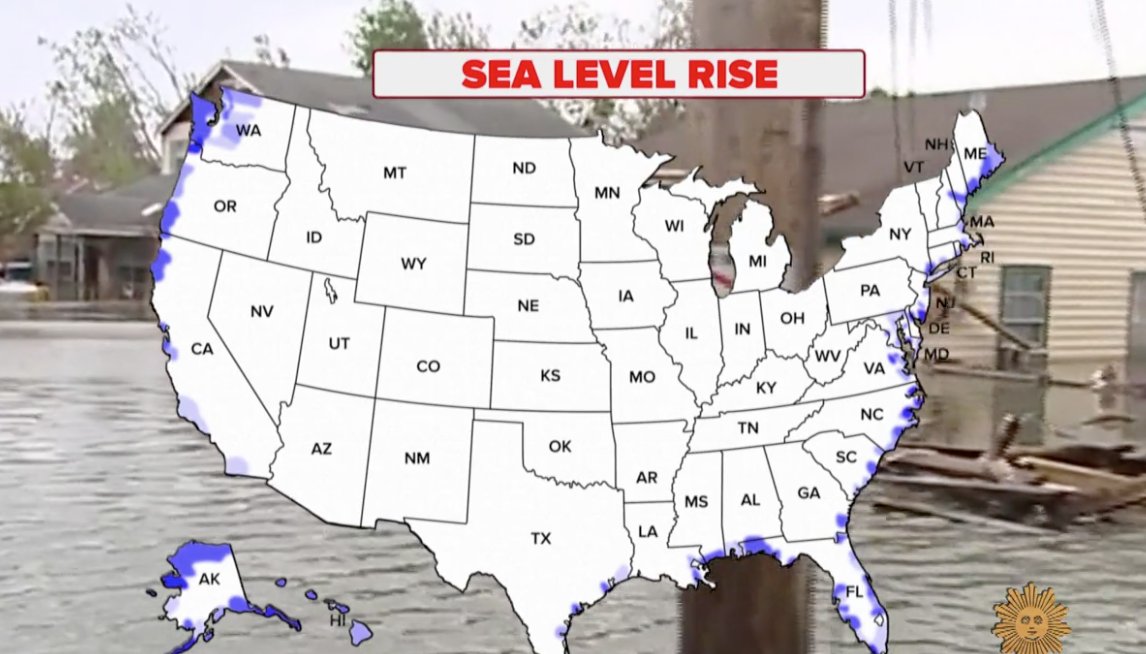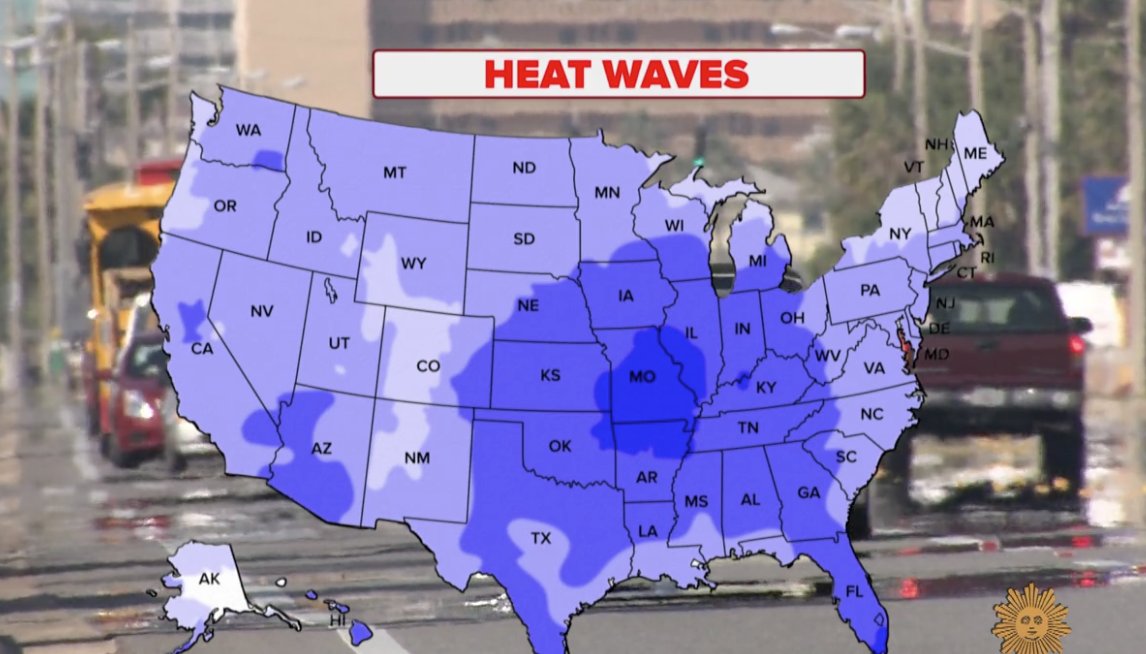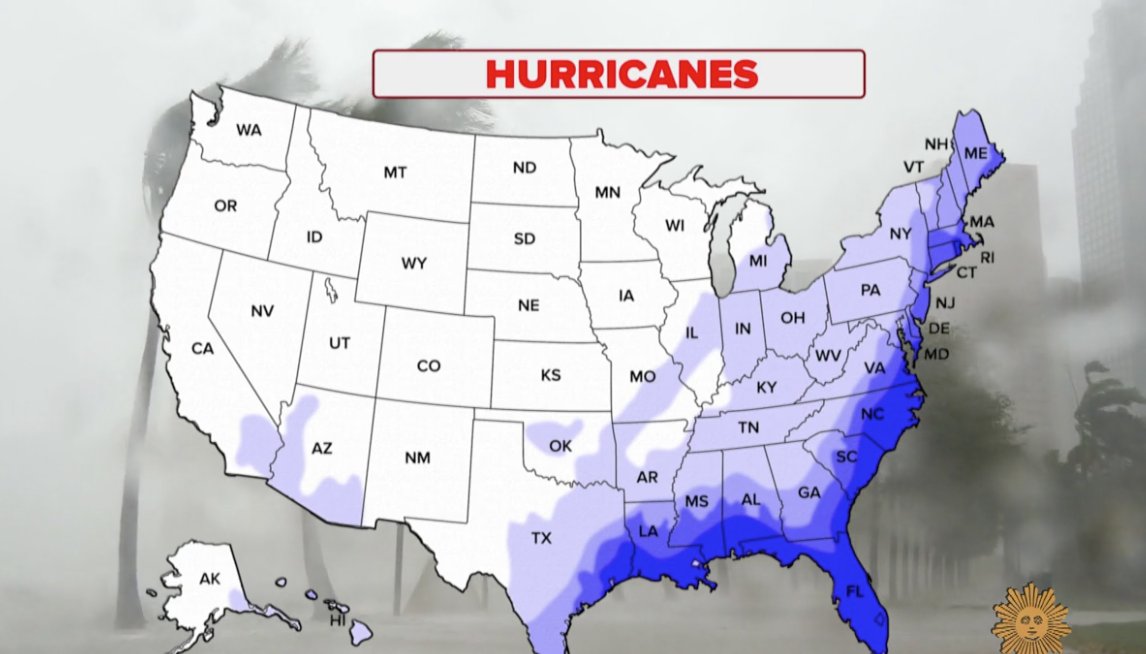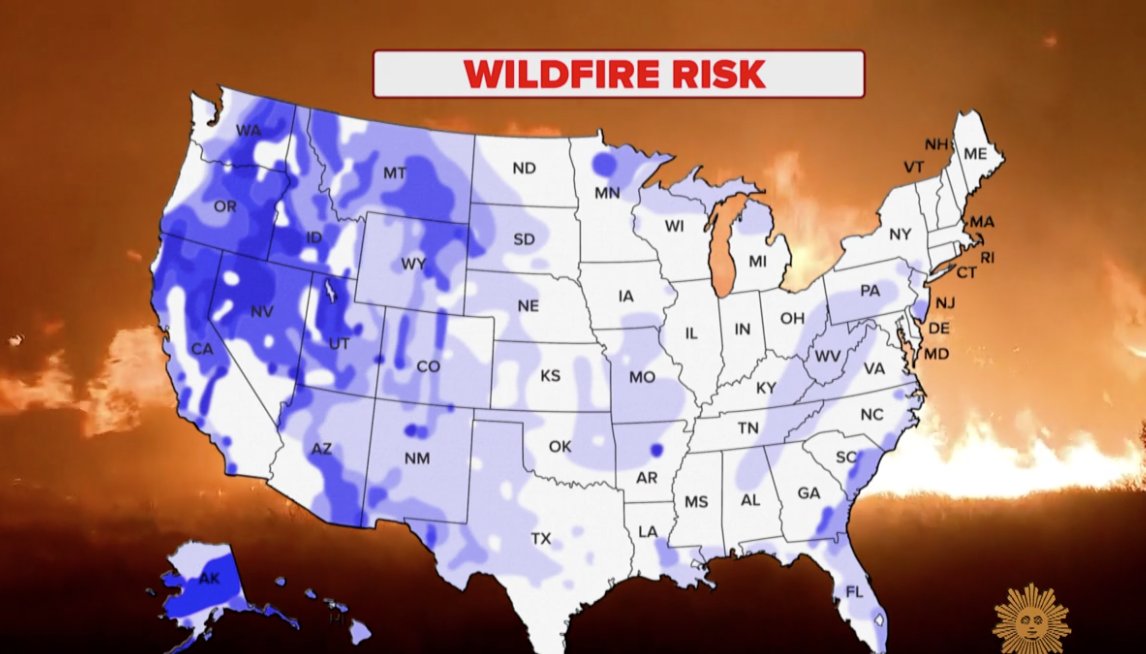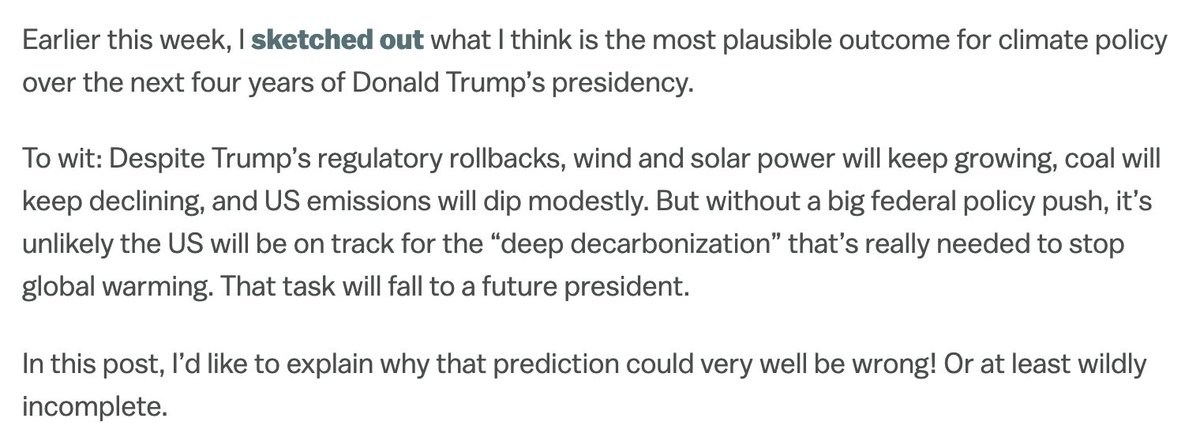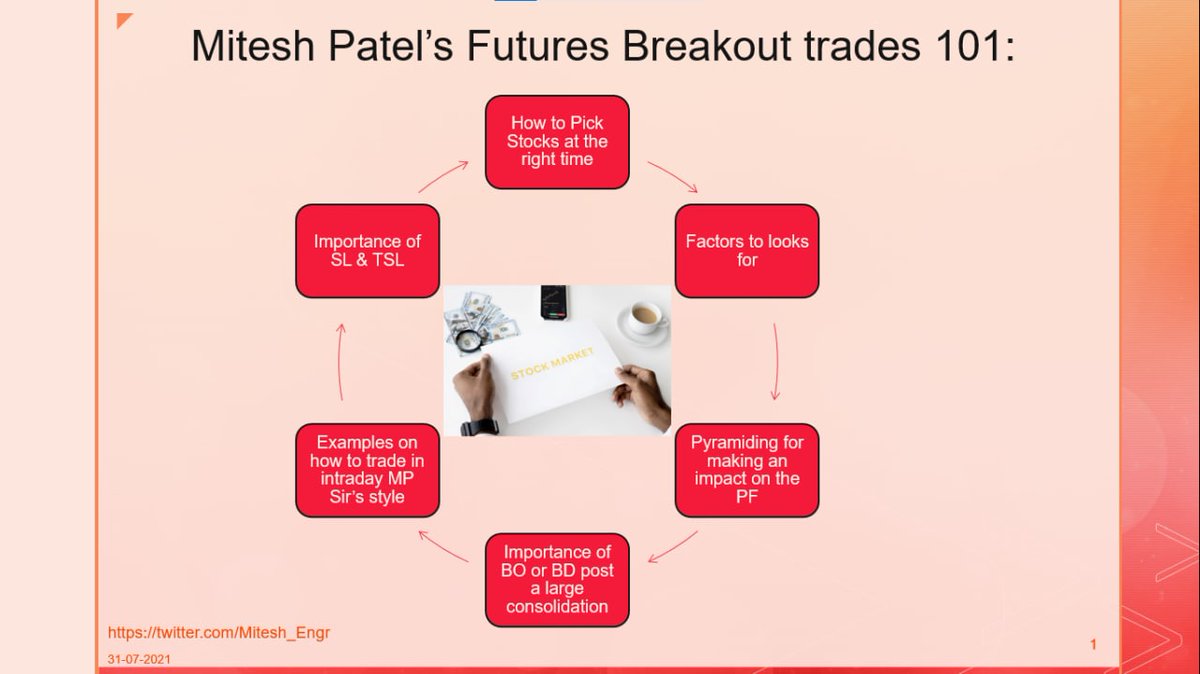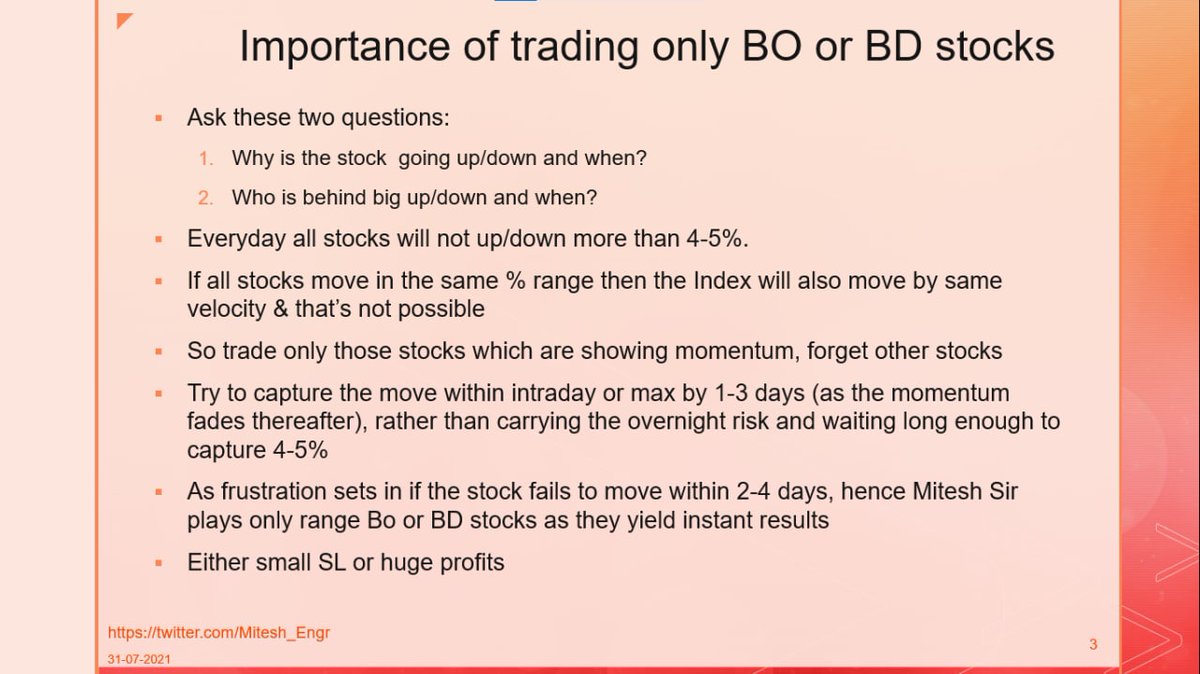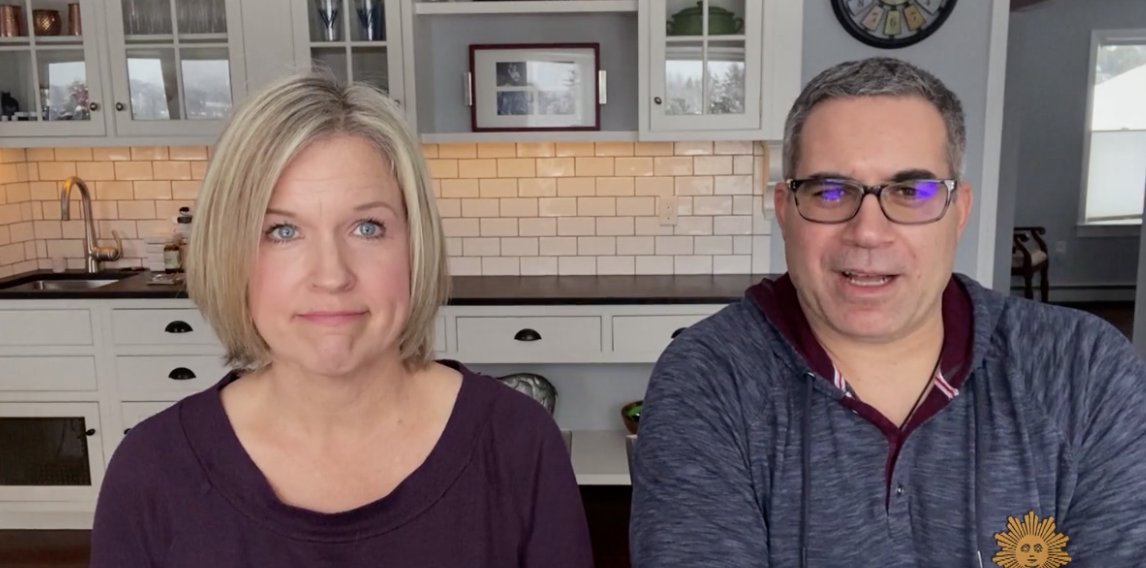
The whiteness of this piece on "climate refugees" (corrected link) is deep.

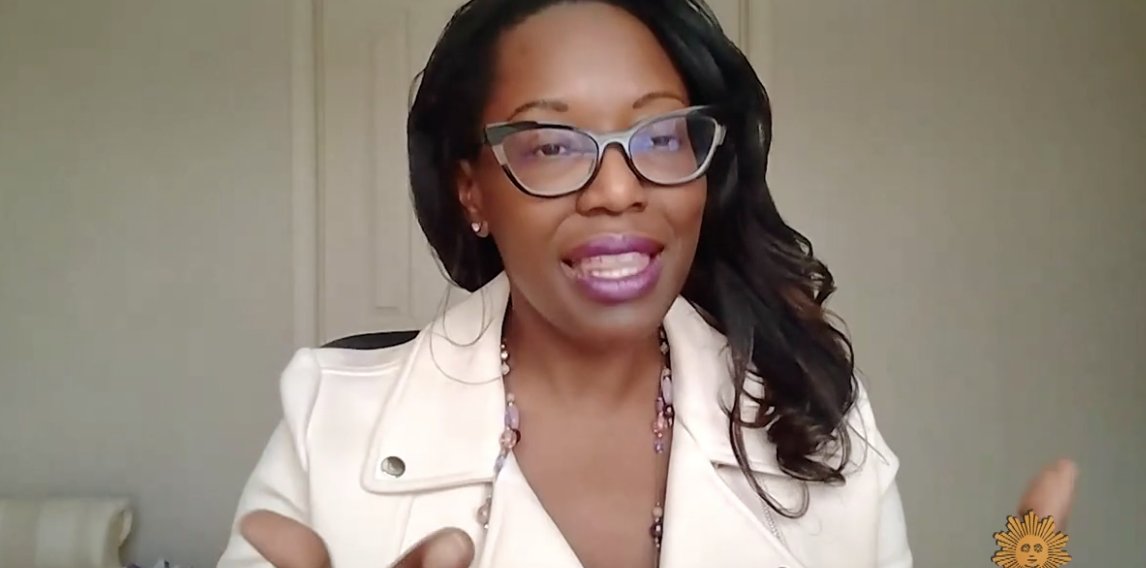
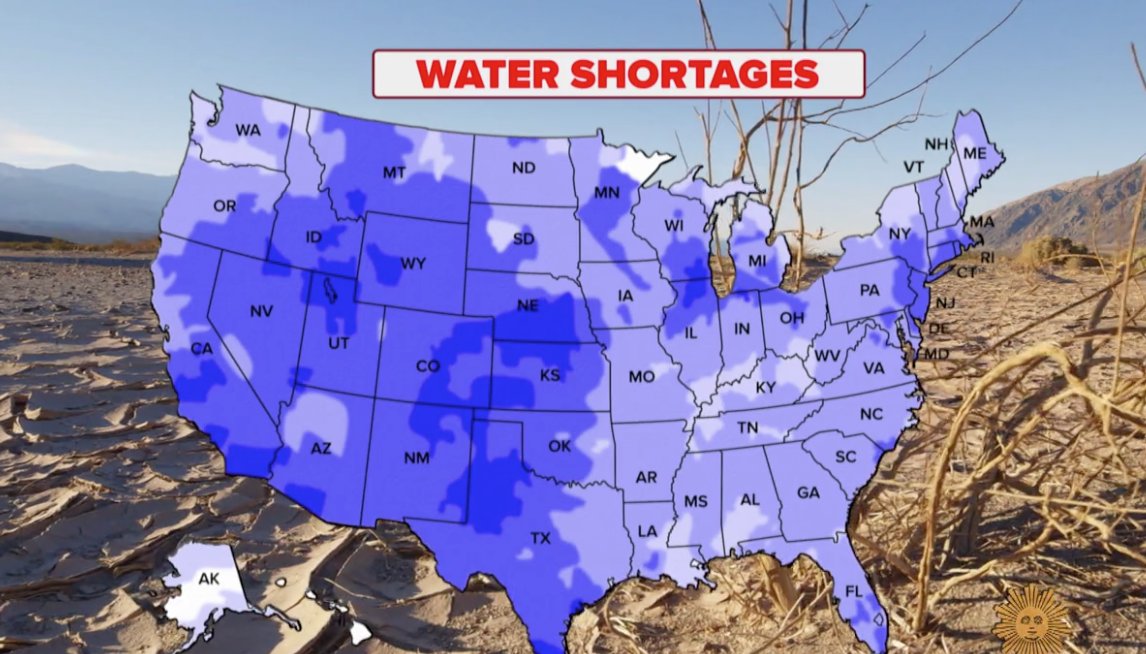
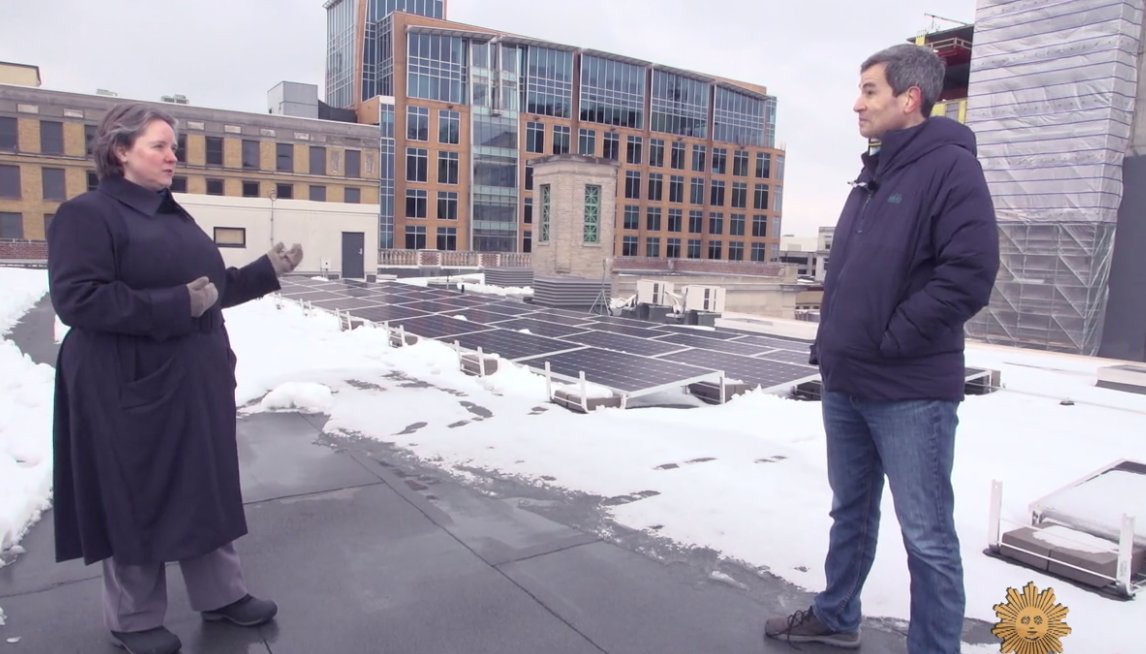
Is that also true for people of color? And the answer is almost always no, it's not."
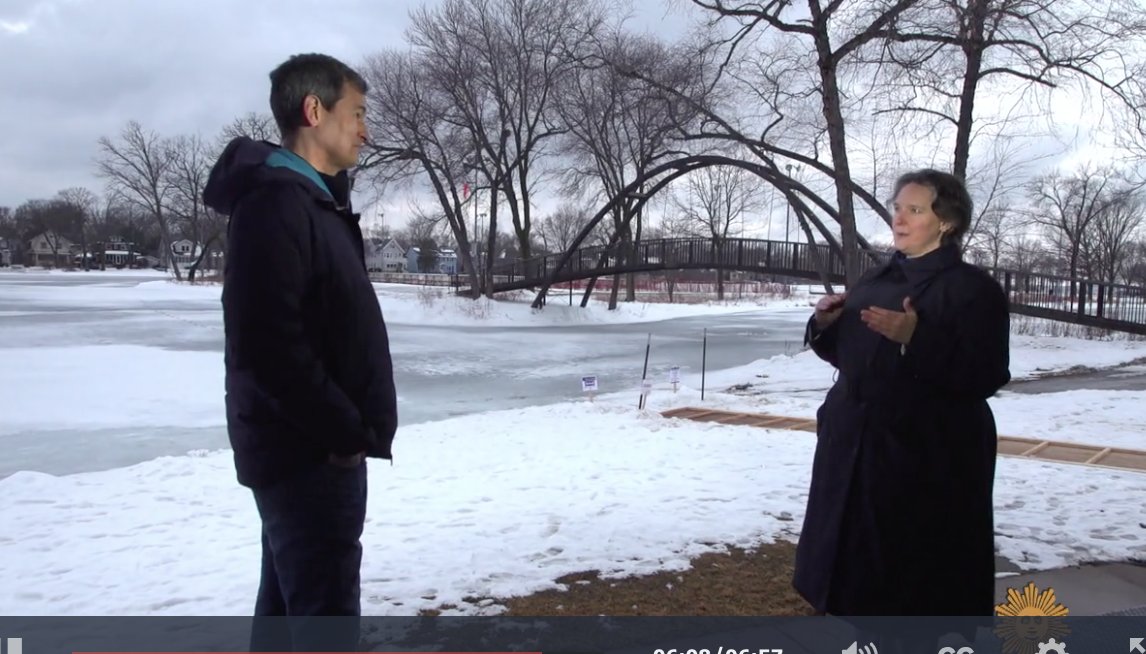
Reporter segue: no comment about race, "Madison isn't the only great 'climate haven' city."

"It's green, there are no forest fires." [mom]
"It's just a very healthy, functional place." [dad]
"The community embraced us immensely." [mom] //
Will they want to build a wall around it? A mote, perhaps?
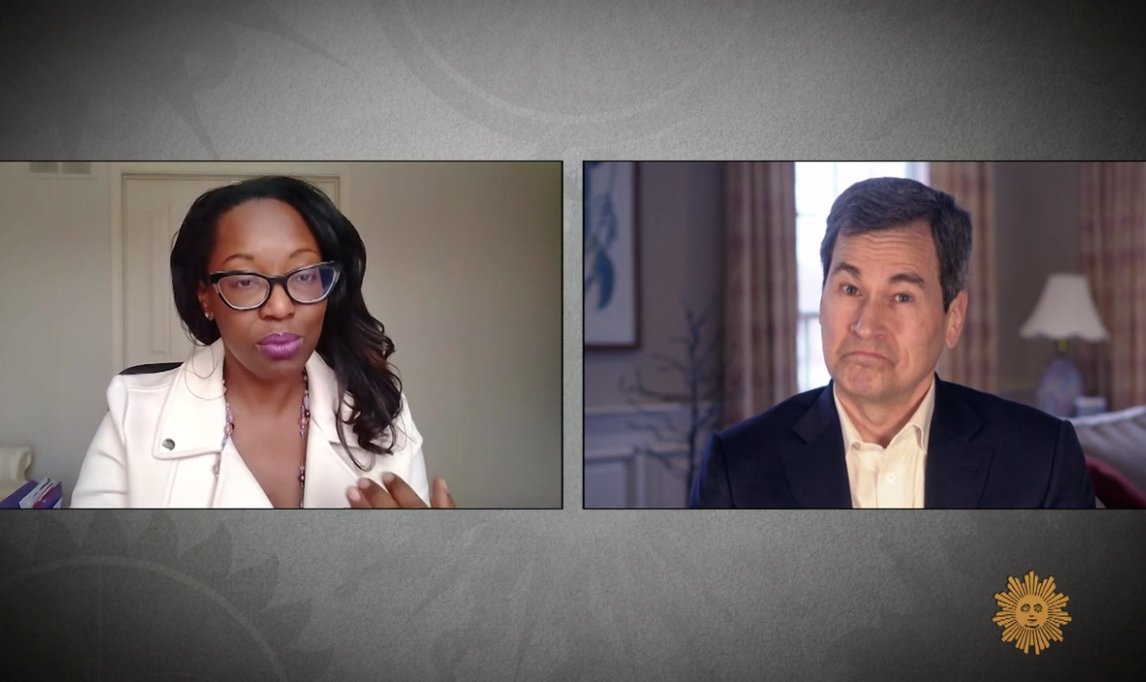
More from Climate change
The UK government's climate advisory body is launching its next carbon budget: basically, outlining what the UK can emit between 2033 and 2037. It's a big deal - launch video starting right now.
Watch along:
Will tweet along snippets. Pretty relevant to...............everything, really. #UKCarbonBudget
"Instead of being just a budget, it's a pathway we have to tread to reach net zero in 2050" @lorddeben
Just like quite a few other modelling exercises, CCC use a spectrum between behaviour change and between technological change. #UKCarbonBudget.
Both = best (just like @AEMO_Media's Step Change scenario in their ISP)
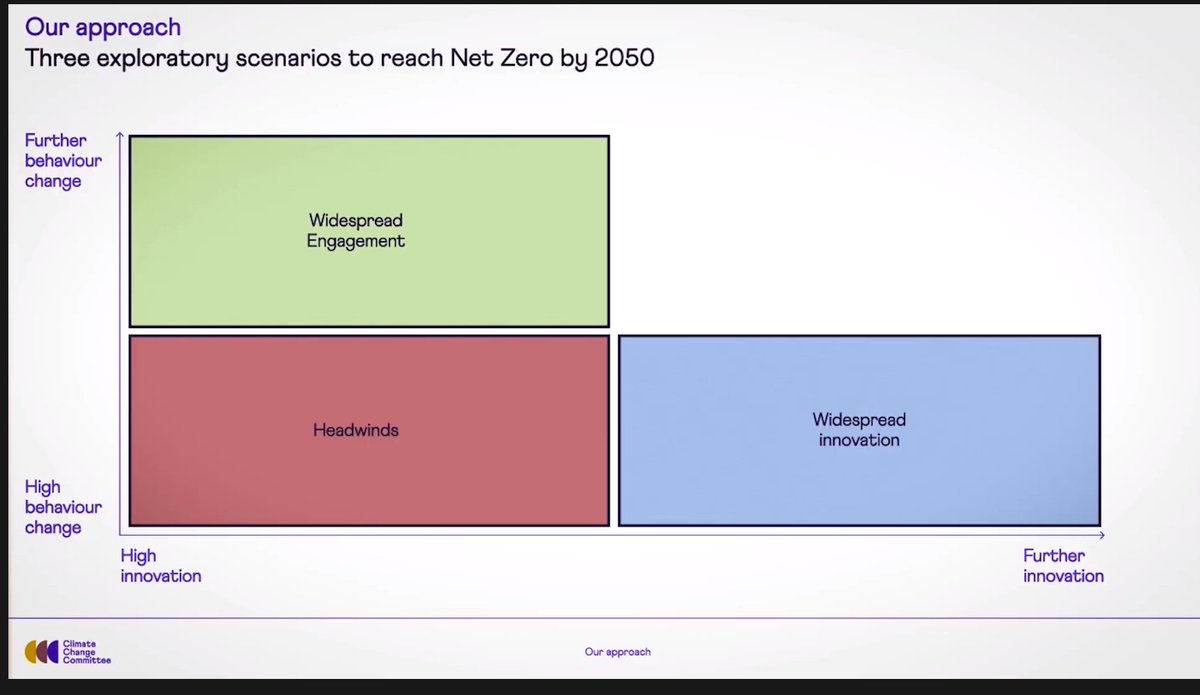
'Balanced' is what they use for their recs. "We're doing 60% of the emissions reductions in the first 15 years, and then 40% in the next".
The slinky kitty curve....good to see. No evidence of delaying action to Dec 29 2049, here. #UKCarbonBudget
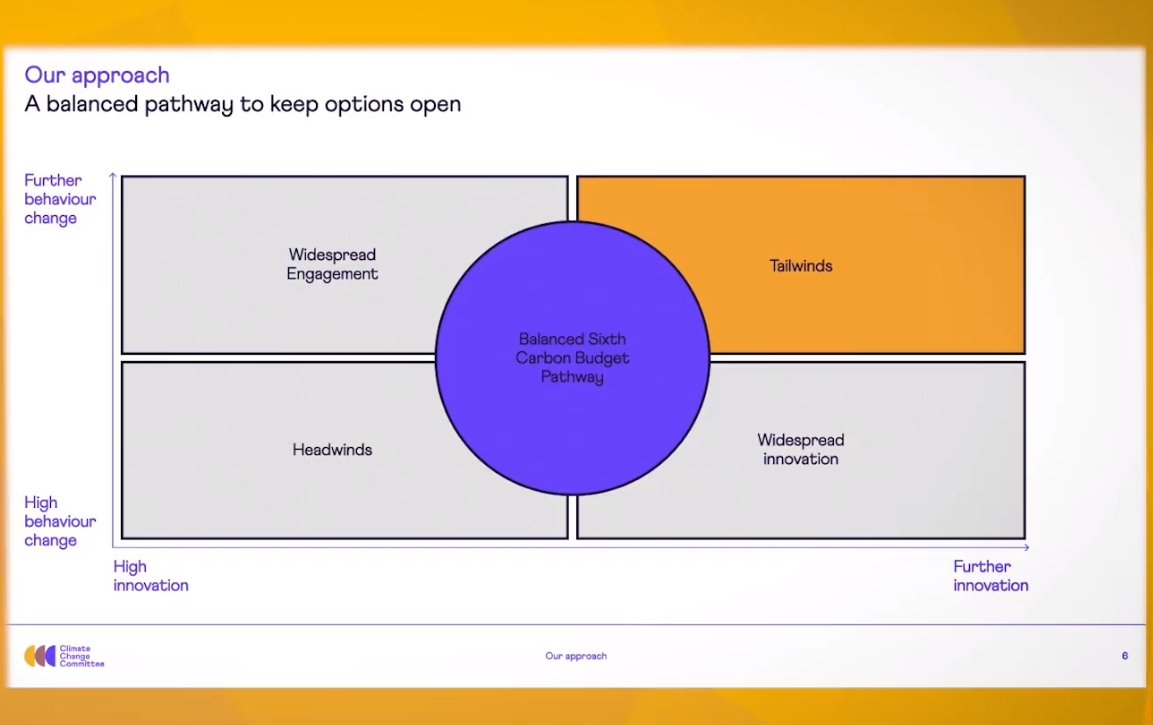
"By front loading, we're minimising the UK's contribution to cumulative emissions" - really important point. A slow path to net zero - more climate harm than a fast one. #UKCarbonBudget
Watch along:
Just 15 mins until the launch event for our new advice to Government on the Sixth Carbon Budget. If you haven\u2019t registered, you can watch live on YouTube from 10am. Link: https://t.co/PjlcIDSYEC #UKCarbonBudget pic.twitter.com/1zOTfmxDVp
— Climate Change Committee (@theCCCuk) December 9, 2020
Will tweet along snippets. Pretty relevant to...............everything, really. #UKCarbonBudget
"Instead of being just a budget, it's a pathway we have to tread to reach net zero in 2050" @lorddeben
Just like quite a few other modelling exercises, CCC use a spectrum between behaviour change and between technological change. #UKCarbonBudget.
Both = best (just like @AEMO_Media's Step Change scenario in their ISP)

'Balanced' is what they use for their recs. "We're doing 60% of the emissions reductions in the first 15 years, and then 40% in the next".
The slinky kitty curve....good to see. No evidence of delaying action to Dec 29 2049, here. #UKCarbonBudget

"By front loading, we're minimising the UK's contribution to cumulative emissions" - really important point. A slow path to net zero - more climate harm than a fast one. #UKCarbonBudget

